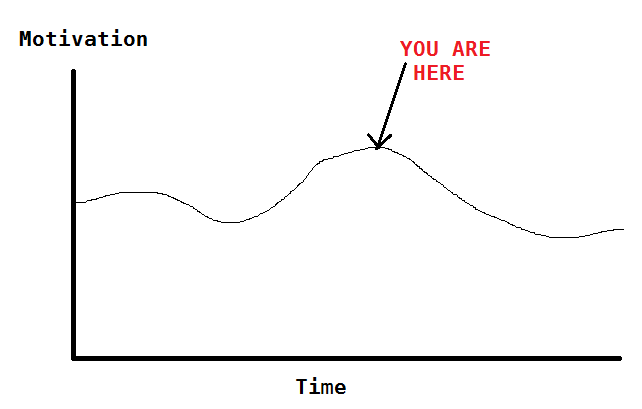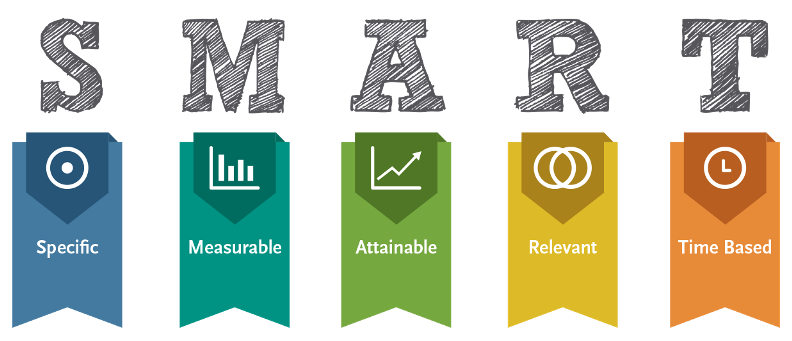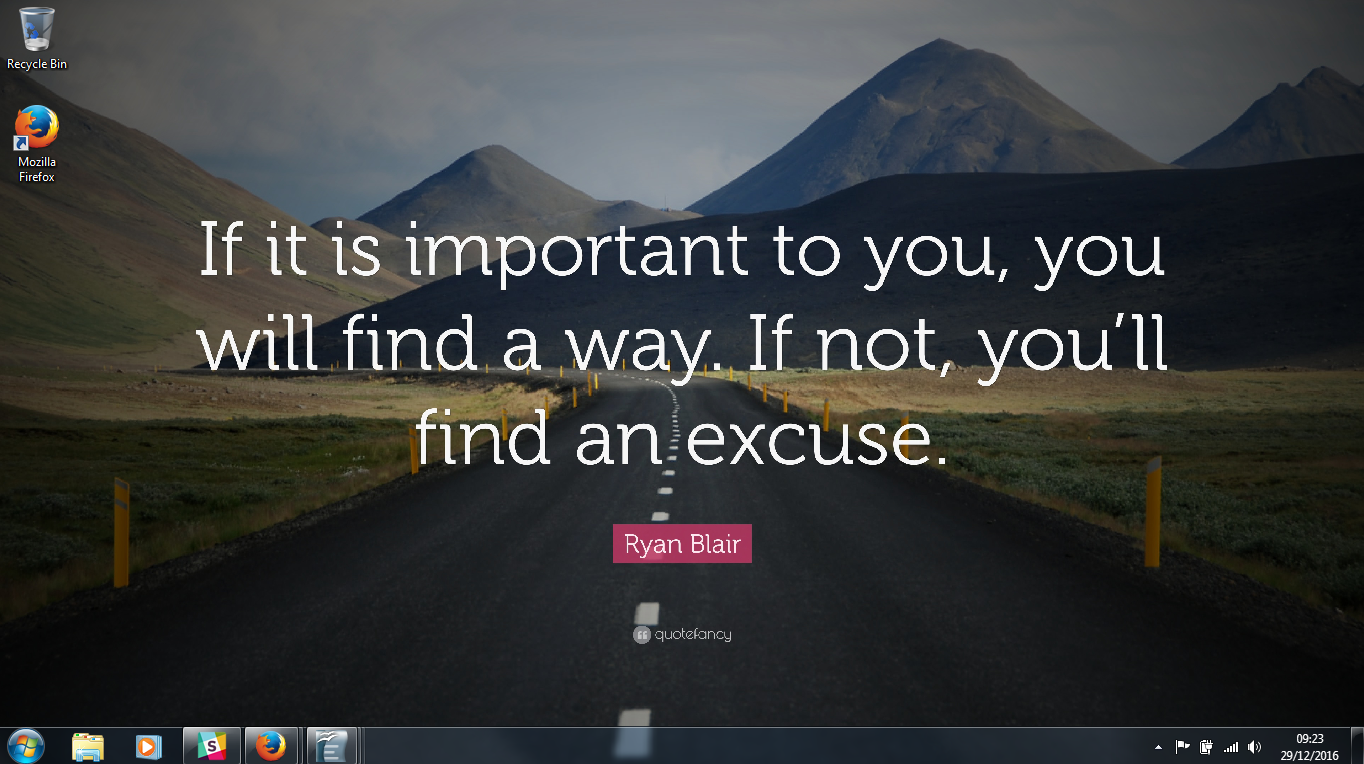
Have You Ever Failed A New Year’s Resolution?
Good news: You’re not alone.
Bad news: Unless you’re aware of the nine biggest mistakes then it’ll probably happen again.
In fact, for every 100 people that start a resolution in January, 66 have stopped by February. (Only eight last the whole year).
New Year’s Resolution Mistake 1: Setting The Bar Too High

Probably the biggest mistake people make is setting themselves too much to do.
What they fail to understand is that to form a habit you need repetition.
When you are setting your goals to change, you are the most motivated you’ve been in weeks, months, or even years!
Trouble is, you think how motivated you are right now is exactly how motivated you’ll be in 8 months time. Your baseline is too high. When you set your goals, think about how likely you’ll be to still work at them when you aren’t motivated. How likely are you to follow through if you’re busy, or it’s cold, or it’s inconvenient.
Setting a goal is initially about making time to work on something. Through repetition we create a long-lasting habit. For that to happen we have to start off gently, doing a little each week and building on it from there.

Think of the Tortoise and the Hare, you might be doing less than others in January but you will catch them when you’re still working in August and they’ve already given up.
New Year’s Resolution Mistake 2: Being Too Vague
When setting goals, it’s important to define exactly what it is you are looking to do.
In other words, establishing your goal. Goals need an action: I will do this to achieve that.
That may sound simple, but it’s often overlooked. Get a pen and paper, or open up a notepad on your device and start planning your goal.
You may have seen the acronym S.M.A.R.T. for goals. Make them specific, measurable, attainable, relevant and time-constrained.

Specific:
Make it clear what it is you want to achieve. Avoid vague terms like “better” if you can use something more specific. You are looking to establish an action that you will take to achieve the goal. The clearer you are about the goal, the easier it will be to implement. Break your goal down into the different steps required to make it happen.
Measurable:
You have your goal. How are you going to know if you’ve achieved it? The goal has to be measurable. It could be pass/fail. It could be a number on the scales or a number in the gym. If it’s something harder to measure like being “happier”, quantify it with a score out of ten. You may not need 10/10 happiness every day, maybe your goal is to get from 3/10 to 7/10.
Attainable/Relevant:
Why am I doing this? If it’s a change that someone else has requested and you don’t believe you need to do it, guess what? You probably won’t do it. If the idea of succeeding doesn’t excite you, then you may not really want it enough to achieve it, so it could be you need to revise your initial goal.
Think about the negative effects your current way of life is having on you now, and what you can expect if you don’t change your ways. Now think of the positives of changing this behaviour and use that positive image to drive yourself forward.
Time-Constrained:
Set a deadline. You should pick a point in the future by which time you will want to have achieved your goal. Even if it’s a permanent change you want to make, it’s a good idea to set an intermediate time maybe 1 or 3 months ahead, and to re-assess your strategies then. When you have an end date, your subconscious is able to work towards it.
New Year’s Resolution Mistake 3: Not Pushing Through The “Awkward” Phase

Decisions to change are never effortless. Are you honestly expecting to just overhaul your routine with no complications?
Your new behaviour will mean missing out on things you previously looked forward to, so you will feel reluctant to do it. On top of this, you don’t know exactly how good the change will feel so your brain will want to stick with what it knows. You don’t need 100% commitment every second of the day, just know these voices will appear telling you to quit, and learn to push on despite them. Embrace that awkward feeling of doing something new as a sign of learning, you’re creating a positive habit so stick with it.
New Year’s Resolution Mistake 4: Not Reminding Yourself

This is my current desktop background. If I make a habit and I don’t remind myself about it, after I miss a few days i’ve forgotten all about it.
Use post-it notes somewhere you see every day, on the fridge or bathroom mirror, above your desk. You could use your mobile phone or desktop background to remind you of your goal. Write it on the calendar and mark off each day you succeed. Put it somewhere you see regularly.

